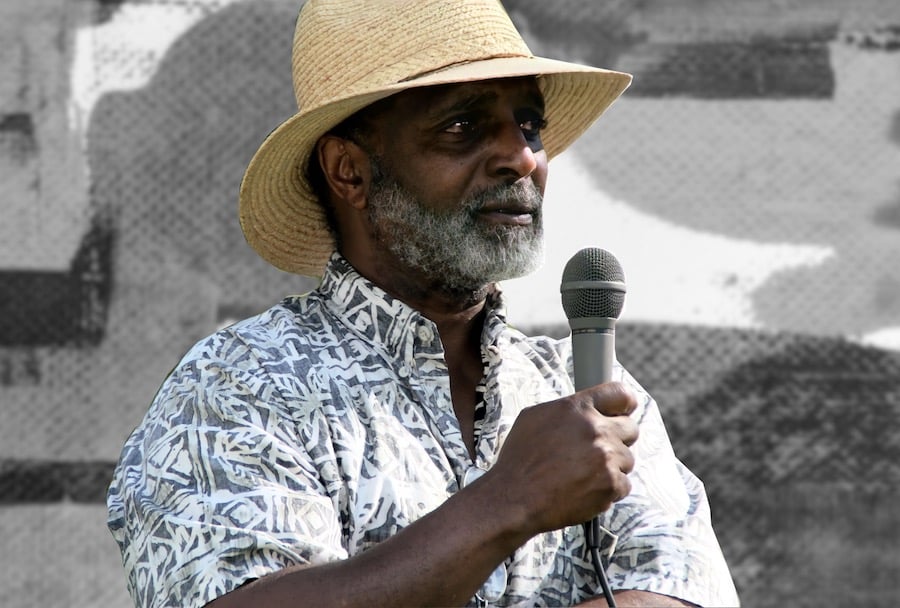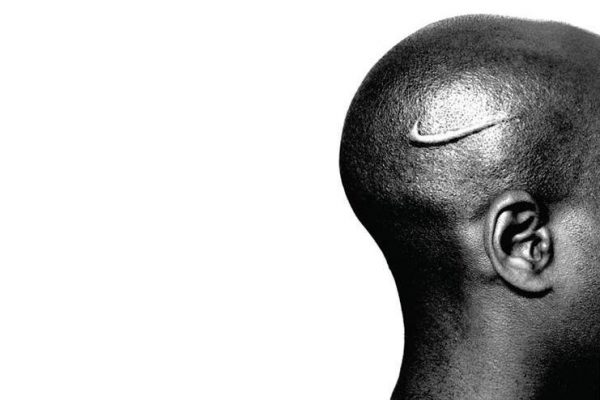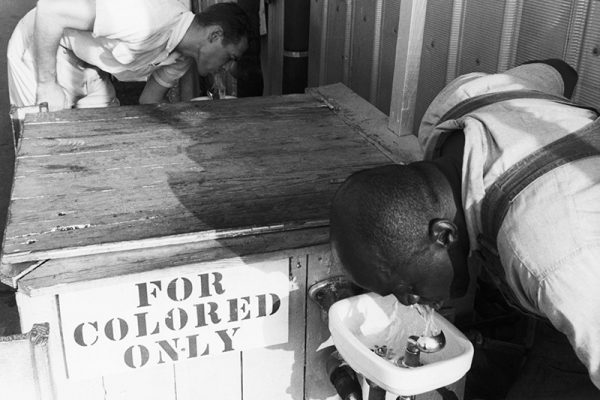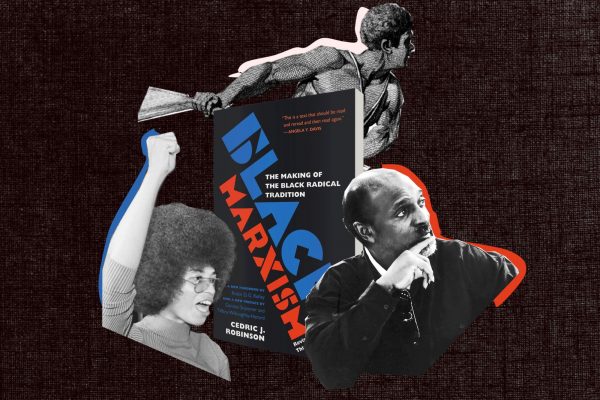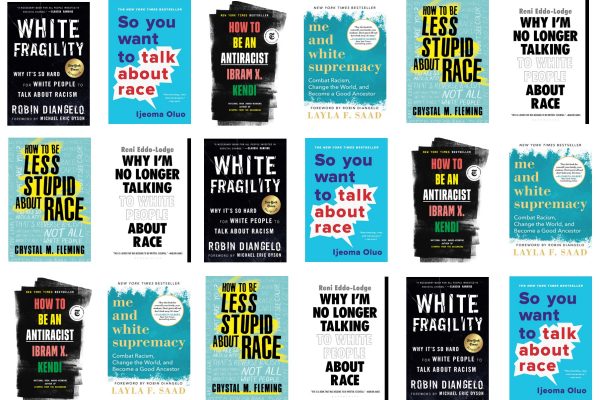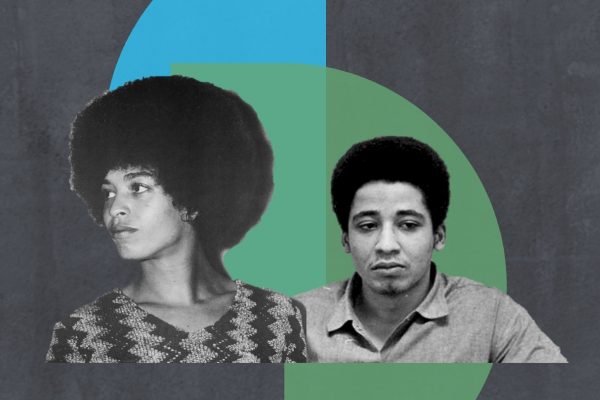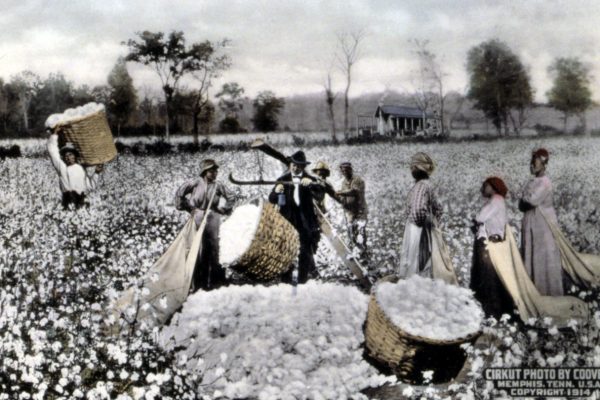From the War on Drugs to Wall Street, from Black masculinity to Black radical scholarship, here at Boston Review we have long been committed to furthering the conversation on racial capitalism. “Boston Review has provided one of the major forums for these ideas to be debated with seriousness and subtlety, long before more famous publications were willing to run pieces on racial capitalism,” Harvard philosopher Brandon Terry noted in our summer fundraiser for Black Lives Matter. “Not many publications can match their commitment to publishing Black thinkers, giving space to debates about Black liberation from across the political spectrum.”
Indeed, when we relaunched our print format in 2017, it was with Race Capitalism Justice as our first issue. This signaled how seriously Boston Review takes the Black radical tradition. No matter our format, we will always be deeply committed to asking what justice would look like if it took seriously the history of racial oppression. And at the heart of this work is the scholarship of Cedric Robinson—to whom Race Capitalism Justice was dedicated.
This weekend marks five years since his death, an event that contributing editor Robin Kelley noted went virtually unnoticed: “no major U.S. newspaper determined that Robinson’s passing merited even a single paragraph,” despite his being “one of the most original political theorists of his generation.” But with a surge of interest in racial capitalism following last year’s uprisings, this February marked the republication of Black Marxism—and two new pieces about the text on our site. “The threat of fascism has grown before our eyes,” Kelley writes in his latest essay, adapted from his new foreword to the third edition. “Black Marxism helps us to fight it with greater clarity, with a more expansive conception of the task before us, and with ever more questions.” Building on this analysis, Minkah Makalani urges us to read Black Marxism in tandem with other texts by Robinson. Together, he argues, they can enrich our understanding of racial capitalism and offer additional tools for fighting our political impasse.
A truly radical counterhegemony can only be realized by disassociating both blackness and manhood from capitalist registers of worth.
The celebration of Isabel Wilkerson’s Caste reflects the continued priority of elite preferences over the needs and struggles of ordinary people.
As more of Robinson’s books come back into print, reading them with Black Marxism can enrich our understanding of racial capitalism.
The expansion of banks such as Citigroup into Cuba, Haiti, and beyond reveal a story of capitalism built on blood, labor, and racial lines.
Antiracist nonfiction sidelines more powerful critiques from the Black radical tradition.
A debate is roiling about the aptness of comparing Trump to European fascists. But radical Black thinkers have long argued that racial slavery created its own unique form of American fascism.
Recent histories of slavery and capitalism ignore radical black scholarship.
